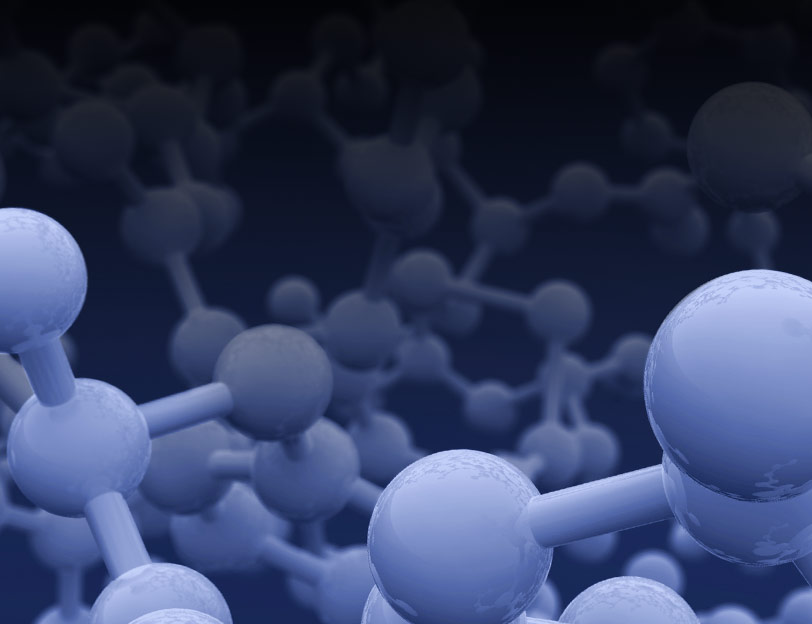There are numerous affinity tags that can be used for protein purification. Affinity tags vary greatly based on size, strength-of-binding and effect on protein solubility and stability. Promega protein purification kits are available for affinity purification using His, GST, HaloTag and Streptavidin/Biotin binding.
The most commonly used tag to purify recombinant proteins is the polyhistidine tag. Protein purification using His tags relies on the affinity of histidine residues for immobilized chelated metal such as nickel, which allows selective protein purification. His tags offer several advantages for protein purification. The small size of the His tag makes it less immunogenic than larger tags. We offer scalable HisLink™ Systems for purifying His- or HQ-tagged proteins from cell lysates.
The use of the affinity tag glutathione-S-transferase (GST) is based on the strong affinity of GST for immobilized glutathione-covered matrices. Glutathione-S-transferases are a family of multifunctional cytosolic proteins that are present endogenously in eukaryotic organisms but normally not found in bacteria. As such, GST-based purification is not recommended for eukaryotic systems (e.g., insect, mammalian). After capture and washing, the tagged protein is eluted with soluble glutathione. The MagneGST™ Protein Purification and Pull-Down Systems are designed for purification of GST-tagged proteins.
For protein purification HaloTag® Technology is compatible with many protein expression systems and can be applied to proteins expressed in E. coli, mammalian cells and cell-free systems. HaloTag® protein is a good affinity tag for purification and also a good solubility tag. The lack of an endogenous equivalent of the HaloTag® protein in mammalian and most prokaryotic cells minimizes the chances of nonspecific interactions. The combination of covalent capture with rapid binding kinetics overcomes the equilibrium-based limitations associated with traditional affinity tags, and enables efficient capture even at low expression levels.
The power of the streptavidin-biotin interaction is used in a number of applications, including the detection of various biomolecules. Streptavidin has a very high binding affinity for biotin. We offer Magne® Streptavidin Beads for purification of biotinylated antibodies, as well as Streptavidin Alkaline Phosphatase for detection of biotinylated proteins, and the PinPoint™ cloning system for generation of biotinlyated fusion proteins.

